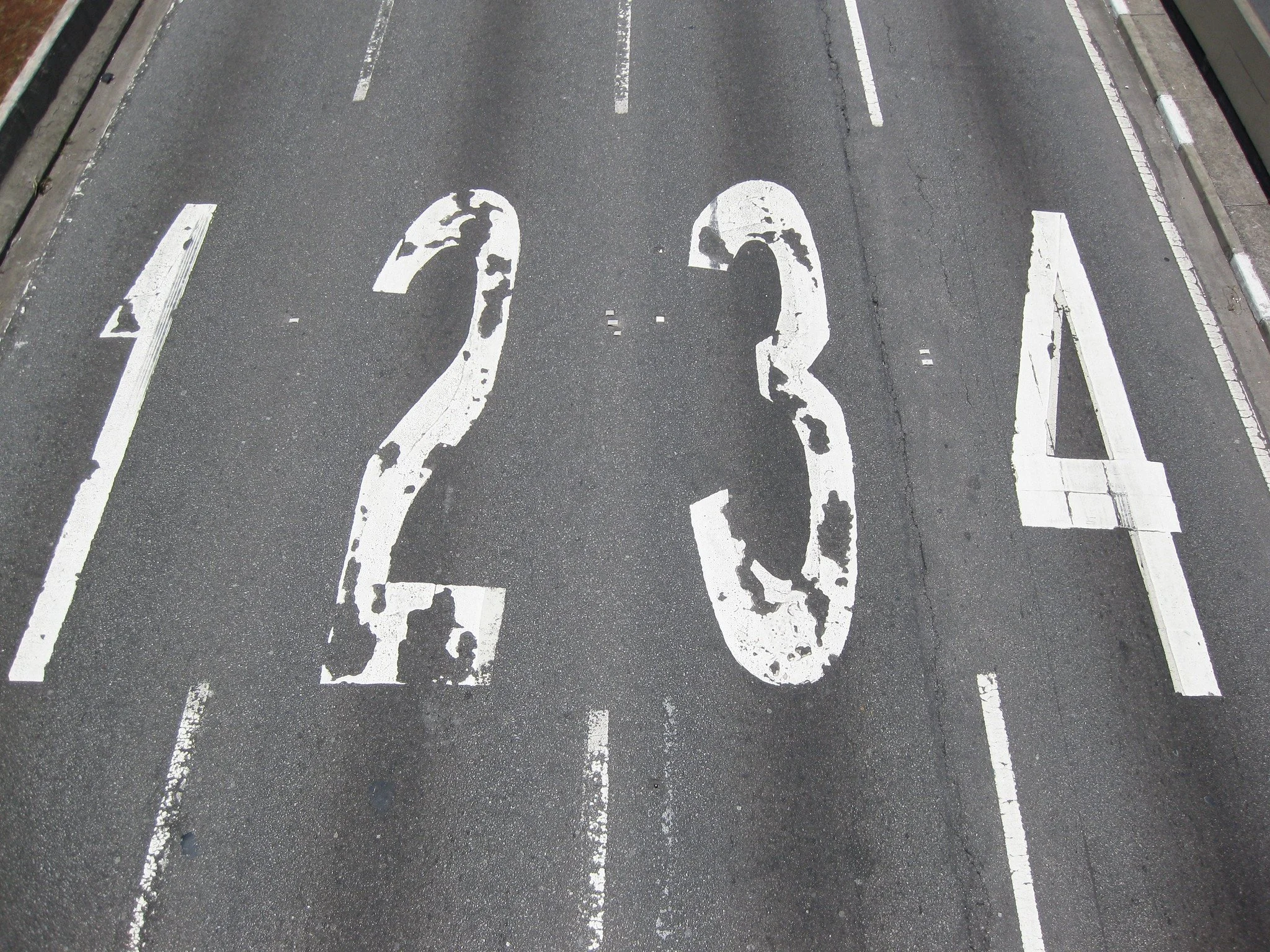Some folks prefer the slow lane
Maybe we actually *want* gov't to be careful and deliberative because--let's be honest--we kind of don't trust it. Katie Smith and Nathaneal DeSantis of Simple Civics podcast explain.
Katy Smith: Government moves slowly because it is designed to move slowly, especially at the local and state level, where there is a big emphasis on public input, on process, and really avoiding costly mistakes.
Nathaniel DeSantis: But that process can be frustrating to people, admittedly. We hear residents, they email us on the podcast even, asking why things take so long, and why the process of the first reading, the second reading, tabling, et cetera, sounds so, I'll go with archaic.
Katy Smith: Yeah. I mean, generally that slowness and all of those steps like readings are built into the system for the safety of the public and the taxpayer. You can think of it like brakes on a car. We want government to be careful, to be really deliberate because it's handling big stuff like zoning, infrastructure, public safety, building a new highway or changing rules about where a business can locate or even deciding what someone can be arrested for. These are things that are important and you cannot easily unwind. So if you move too fast, you miss things. And in government, those mistakes can be expensive or honestly even dangerous.
Nathaniel DeSantis: So I see from that point of view completely. But then what is the difference and where do we draw the line between being careful and dragging our feet?
Katy Smith: That is a fair question, and it is a fine line. And I mean, honestly, sometimes it is just red tape or inefficiency. Sometimes what can look like dragging feet is hopefully a chain of checks and balances. Like, let's say you want to build a new library. That decision may have to go through community input meetings, a council vote, budget approvals. It can even include environmental reviews. It's a whole chain reaction.
Nathaniel DeSantis: So I guess the point that we can kind of emphasize, and Katy, feel free to clarify, but it's not just one person saying yes or no.
Katy Smith: Correct. At least that's how it should be. The point is no single person should have that power. Most decisions require collaboration across departments, between boards, elected officials, and sometimes between jurisdictions like a city, a county, a state. It's slow, but hopefully that prevents corruption and it prevents snap decisions, hopefully, based on pressure or politics.
Katy Smith: I'm sure you all drive, you know, have seen driving around town, you might see a sign on the road that says "rezoning, call a number to get information." And that's a prime example of people are not paying any attention to city council or county council, but they see a sign near their house and they're like, "Wait, what's about to happen?" And then they get engaged in the process. They go to the meeting, they let their neighbors know either, "Hey, yay, we're getting the store we wanted," or, "Oh, no, we don't want this to come." And then people have time to go to hopefully a couple meetings or if they can't ever get to a meeting, they've got now two weeks to call their council member. You know, they have time to get their input known. So it is really critical. If you Google the term civic engagement, you know, it means so many things to different people. But for government, it usually means how are we intentionally reaching out to our residents and letting them know what's going on and inviting them to participate. So you could even just look at county council, for instance, it requires three readings of an ordinance, meaning it has three times that it comes before council before it's finalized. And so that means the public has at least six weeks to get wind of what's happening and let council members know their opinions. And then those meetings are posted online so people can watch them after the fact and get engaged. So that's just one example of how that process has steps to let people speak.
Nathaniel DeSantis: I guess the question, maybe a few people or maybe some pessimistic people, sometimes like myself are wondering, do maybe politicians use that slowness, like drag things out so that they don't have to make tough calls?
Katy Smith: I think sometimes, yeah. I mean, delay can be a political strategy. If a topic is really controversial, a council member might say, "Let's study this more," or, "We need more input," as a way of voting on it or to avoid, excuse me, a way to avoid voting on it. So for sure. And sometimes doing that can help signal to certain voters who feel very strongly about it that you're paying attention, but you're just not going to do something quite yet.
Nathaniel DeSantis: Right, right, right. There's some hiding behind it.
Katy Smith: It happens for sure. And I mean, truly, there can be a legit fear of backlash. If they make a quick decision and that decision ends up being very unpopular, it can cost them the next election. So in some respects, there is a political incentive to go slow and be cautious.
Read the whole thing here.
Follow Opportunity Now on Twitter @svopportunity
We prize letters from our thoughtful readers. Typed on a Smith Corona. Written in longhand on fine stationery. Scribbled on a napkin. Hey, even composed on email. Feel free to send your comments to us at opportunitynowsv@gmail.com or (snail mail) 1590 Calaveras Ave., SJ, CA 95126. Remember to be thoughtful and polite. We will post letters on an irregular basis on the main Opp Now site.

